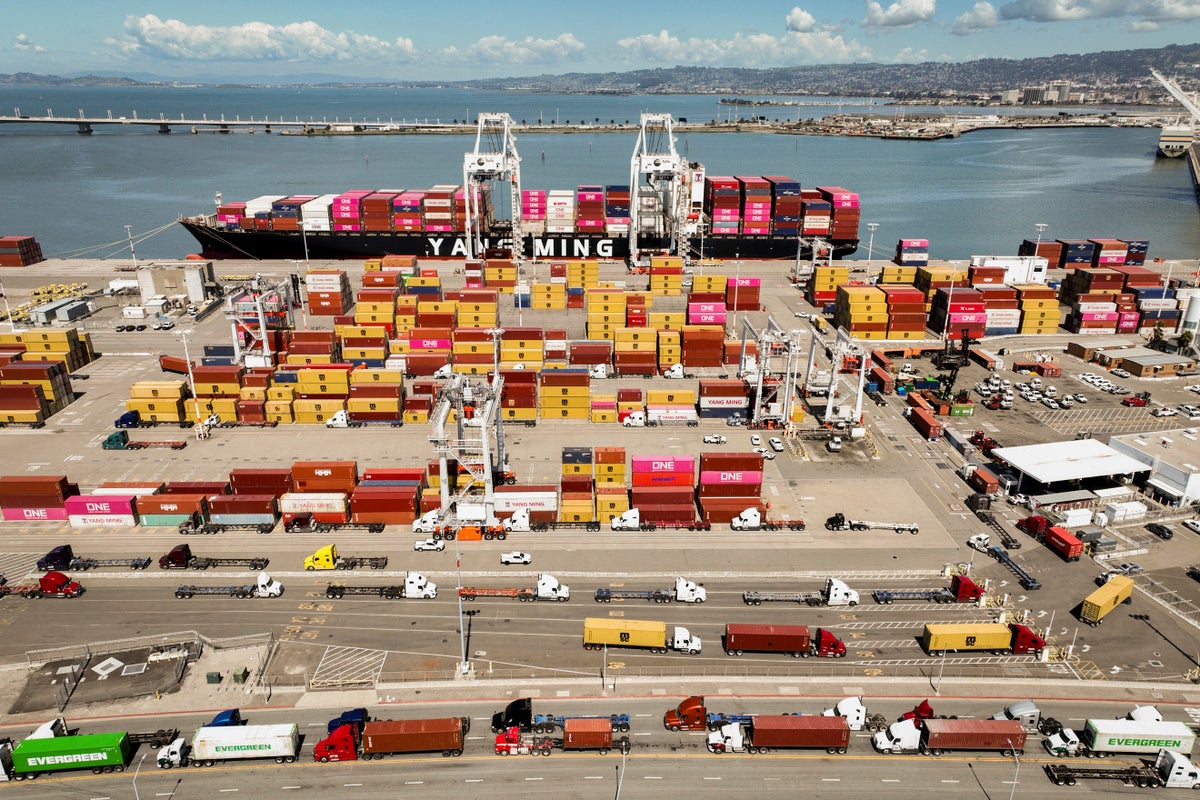Opinion editor’s note: Strib Voices publishes a mix of guest commentaries online and in print each day. To contribute, click here . ••• There is a strain of legal thinking that goes like this: Supreme Court justices must approach cases strategically, keeping in mind the concerns of the public at large and taking care not to rock the constitutional boat too much.
If the court does otherwise, it risks losing legitimacy in the public eye. Sound familiar? You might be surprised that I am not referring to today’s Roberts court, but to the Warren court of 1955. In 1955, that court refused to hear a challenge to the same racist Virginia anti-interracial-marriage law that was later struck down in Loving v.

Virginia in 1967. Why? Because in 1954, the court had issued the landmark decision Brown v. Board of Education and, as Justice Felix Frankfurter put it, the court had a greater “moral consideration” in preserving its political capital than deciding a case that might imperil the enforcement of its desegregation order.
But is it right to allow obvious injustice to continue instead of addressing it when the moment arises? I say it is not. True, I have the benefit of hindsight. But the Warren court should have risen to the occasion and eradicated the racist Virginia anti-miscegenation law in Naim v.
Naim when the matter came up in 1955. The time to decide important matters is when they arise, not when it is convenient. The court is appointed and confirmed “for such a time as this.
” Today’s court has likewise failed to rise to a constitutional moment. Justice Samuel Alito was rightly “stunned” when the court failed to timely address an “act of judicial hubris” requiring American taxpayers to fork over $2 billion through USAID because of the order of a single district judge in Washington, D.C.
Justice Alito rightly noted that perhaps the money should eventually be paid out because “the respondents raise serious concerns about nonpayment for completed work.” But that depends on the court deciding instead of dodging. Instead, those taxpayer dollars will be paid by default, and perhaps they shouldn’t have been.
By not deciding, the Supreme Court decided. And there is no good reason that the court, given such a costly decision by a district judge, should have shied away from an important moment in constitutional history. Yet that’s what it did.
And it is an important moment. The Trump administration’s executive actions are bringing to the forefront two major constitutional issues, and it is a good thing that these issues are being decided, for posterity’s sake: first, the extent of the president’s executive powers and, second, the scope of the judicial power, wielded by a single district judge, to restrain those executive powers. Probably a lot more ink has been spilled on the first, but the second is just as important.
Can a single judge in any judicial district overrule a dozen other judges — of equal constitutional power — elsewhere in the country? Remember, a plaintiff might strike out a dozen times before other judges, but if only one judge agrees with him, an executive action can be struck nationwide. Should the law work this way in the realm of executive decisionmaking? If the Supreme Court had risen to the moment, we would know. And it is a shame that we don’t already have that answer.
If the court does not act — and perhaps the court has already missed its moment — the political branches will. Unlike the judiciary, they have the benefit of being made for action instead of reaction. If they end the practice of a single judge issuing a nationwide injunction on an executive order, perhaps they will choose a good reform, such as resurrecting three-judge panels first created in 1910 for federal judges striking down state laws, as suggested in 2018 by former Judge Gregg Costa of the Fifth Circuit Court of Appeals (see tinyurl.
com/hlr-costa). As Costa wrote, choosing three random federal judges from across the country would end the kind of “forum-shopping” we see at the beginning of every presidential administration. But perhaps the reform won’t be so good, yet the moment will be too tempting for Congress to pass up.
And because this court decided on institutionalism instead of judicial engagement, it may have put the institution of the judiciary itself in peril. James V.F.
Dickey is the senior counsel for the Upper Midwest Law Center, based in Minnetonka..
Politics

Institutionalists kill institutions
On nationwide injunctions, the Supreme Court should stand and deliver instead of ducking and dodging.















